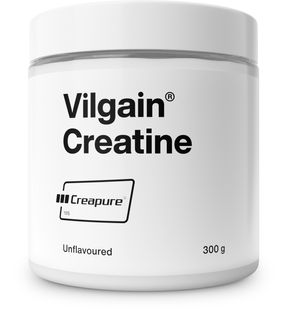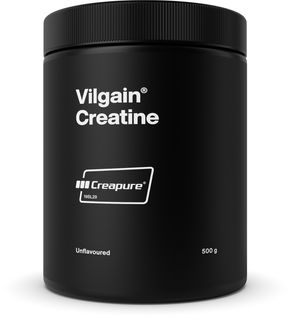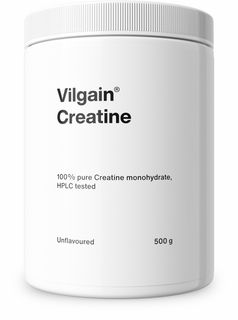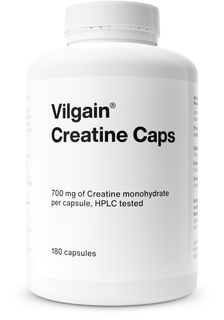Diets
Brand
Flavor

Vilgain Creatine Creapure®
– the purest source of creatine on the market, German-sourced and supports strength and performance
300 g
15,99 €
17,99 €
(5,33 € / 100 g)

Vilgain Creatine Creapure®
– the purest source of creatine on the market, German-sourced and supports strength and performance
500 g
23,99 €
27,99 €
(4,80 € / 100 g)

Vilgain Creatine Creapure®
– the purest source of creatine on the market, German-sourced and supports strength and performance
120 capsules
12,99 €
(0,11 € / 1 capsule)

Vilgain Creatine
– micronized creatine monohydrate, high absorption, HPLC tested, strength and performance support
500 g
16,99 €
(3,40 € / 100 g)

